$59- New Patient Cleaning, Exam & X-Ray
Schedule your appointment today. *In absence of Gum/Perio Disease
Make Appoinment



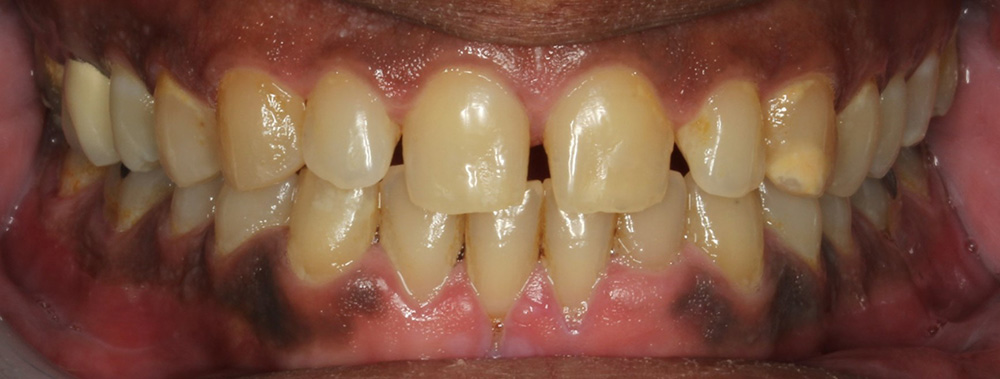
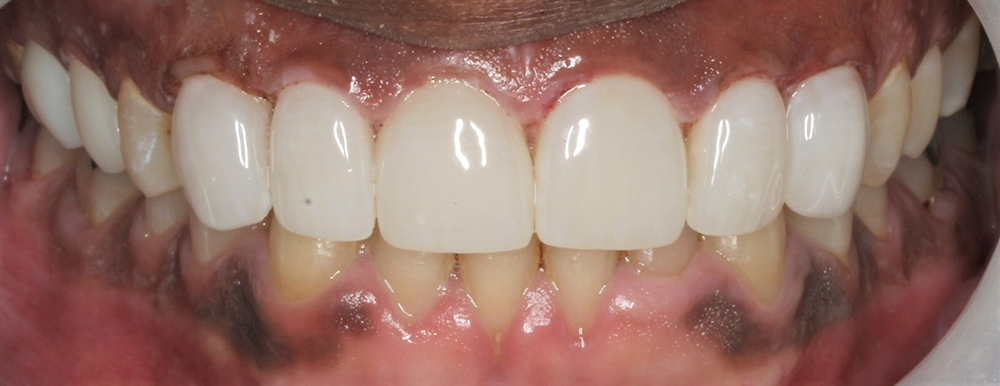
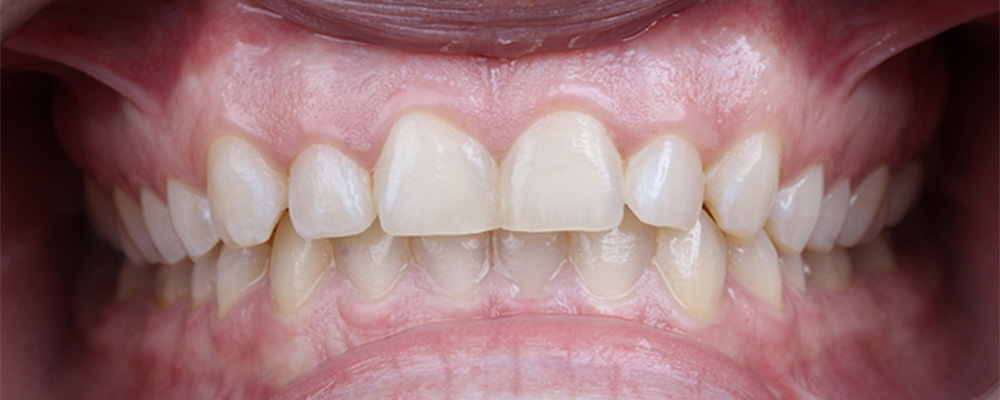
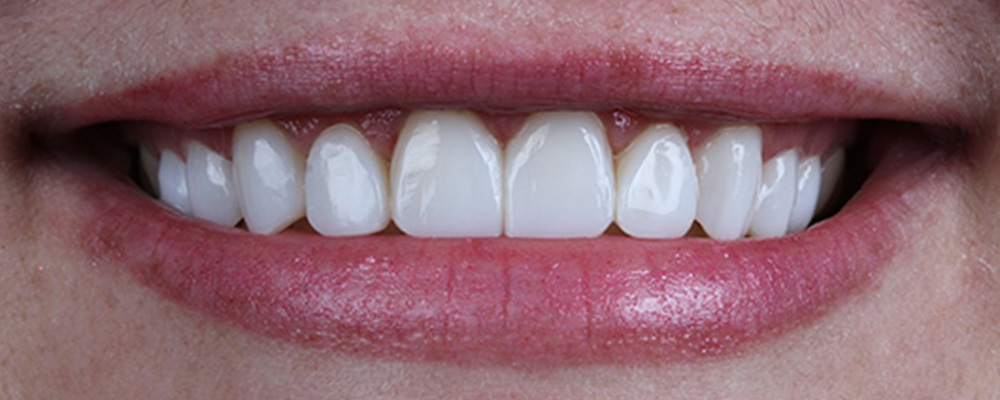
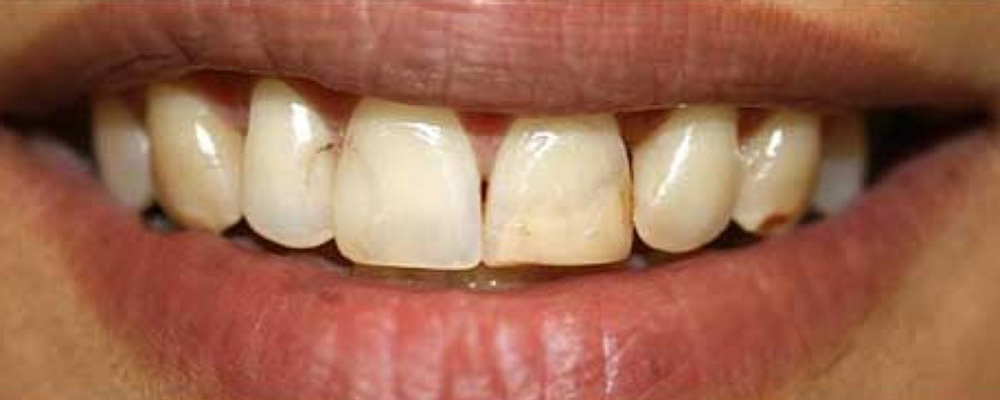
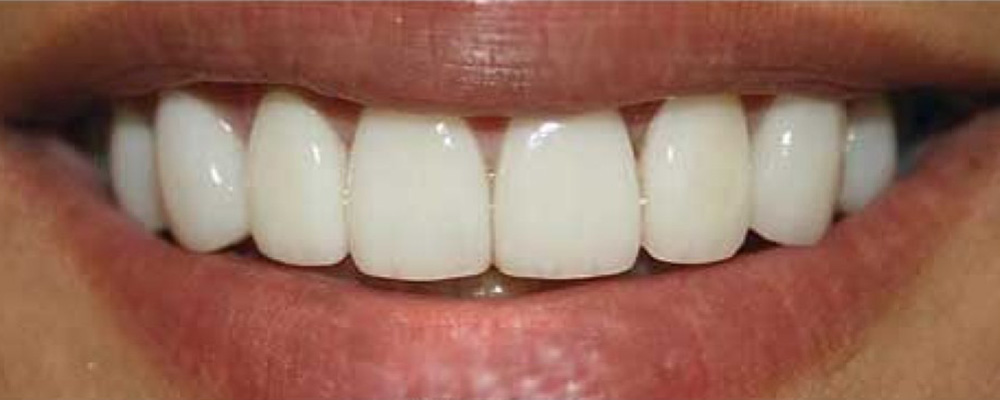
We accept most major insurance carriers and we offer financing through CareCredit, allowing you to make convenient monthly payments towards your treatment plan. Call today for more information 702-935-6696.

Schedule your appointment today. *In absence of Gum/Perio Disease
Make Appoinment
Haven’t been to the dentist in awhile or are a new patient? We offer Emergency dental examinations and x-rays for your convenience, learn more about dental check-ups.
Make Appoinment
Interested in a dental implant but don't know whether or not you are a good candidate? Schedule an appointment with us to learn more about dental implants.
Make Appoinment